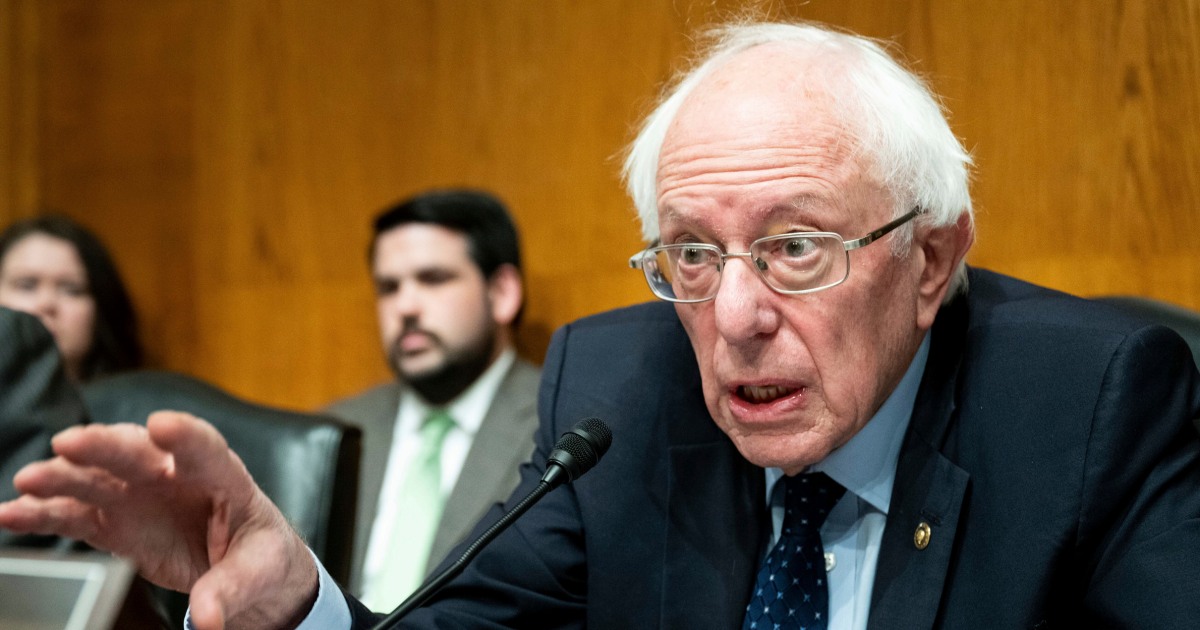Hearing loss epidemic: WHO warns one billion young people may have hearing loss
Created: 2022-12-14 7:29 p.m
By: Stefanie Fischhaber
Concerts are extremely damaging to hearing.
The WHO warns of a hearing loss epidemic among younger generations.
(Iconic image) © Imago/Gonzales Photo/Erling Brodersen
The younger generation in particular tends to listen to music that is too loud.
The WHO is now warning of long-term damage.
Billions of young people are at risk of hearing loss.
Charleston - It may sound like an annoyed teenager cliché, but headphones are very popular among young adults.
Whether on the train, at home or on the footpath, you see young people everywhere with headphones in their ears.
But the use of headphones can have serious consequences.
The World Health Organization (WHO) warns of a noise-induced hearing loss epidemic as today's young generations reach midlife.
Studies show that young adults listen to music that is too loud
Researchers in the Journal of the Acoustical Society of America warn that many children, teenagers and young adults listen to music for several hours a day at a volume well above recommended limits.
The specialist journal “BMJ Global Health” also published an analysis according to which teenagers in particular listen to music through headphones for far too long and too loudly.
The authors, from the Medical University of South Carolina, warn that more than a billion young people are at risk of hearing loss.
In addition to using headphones, attending loud music events also plays a role.
It is all the more urgent to prioritize measures to protect hearing.
However, hearing damage can also be caused by diseases: A corona infection can also affect hearing.
WHO sounds the alarm: 2.5 billion people at risk of hearing damage
The WHO has also sounded the alarm: In its "World Report on Hearing" it pointed out that 1.6 billion people worldwide are hearing impaired (430 million of them severely).
By 2050, that number could rise to around 2.5 billion if prevention of hearing loss is not prioritized.
As reported by the Federal Association of the Hearing Systems Industry (BVHI), around ten million people with hearing loss are currently living in Germany.
According to the association, an untreated hearing loss has serious consequences in every phase of life.
Risks range from delayed language development in childhood and adolescence to social isolation and a higher risk of unemployment in working age.
As early as 2014, the German Medical Association announced that hearing impairments due to environmental and leisure noise were increasing among children and young people.
However, the responsibility does not lie solely with the users.
Guidelines for playback devices and places of entertainment such as discotheques are often hardly enforced.
Noise exposure should only be around 80 decibels or less most of the time - but according to the study by the Medical University of South Carolina, users of headphones are actually exposed to an average of 105 decibels.
The average noise level at entertainment venues is between 104 and 112 decibels.
Prevent hearing damage: Experts recommend listening breaks
Hearing damage caused by noise cannot be cured for a lifetime.
The German Professional Association of Ear, Nose and Throat Doctors recommends that the ears should be given breaks after major noise pollution, but also in principle.
“From time to time one should deliberately avoid the noise of the environment.
A reading evening is just as suitable for this as a walk in nature.”
also read
Glue was too strong: climate activist is ridiculed for asphalt hand - "The Teerminator"
READ
Pensioners are not allowed on a cruise ship despite a paid trip – because of a towel breakdown
READ
Evolution: Terrifying image shows what humans could look like in less than 1,000 years
READ
"Revolution" in the hospital sector - Lauterbach and Co. decide on new regulations in the health system
READ
More and more serious streptococcal diseases in children: WHO advises increased vigilance
READ
Fancy a journey of discovery?
My space
The WHO advises to avoid listening to music above 100 decibels for more than 15 minutes a day.
Earplugs should be worn when attending events and noisy places.
In the case of headphones, overlying instead of in-ear models should be used, which should also ideally be able to reduce ambient noise.
The noise canceling allows to set a lower volume.
In addition, most smartphones are now able to estimate the volume of certain headphone models and warn if the music is too loud.
(sf with dpa)









